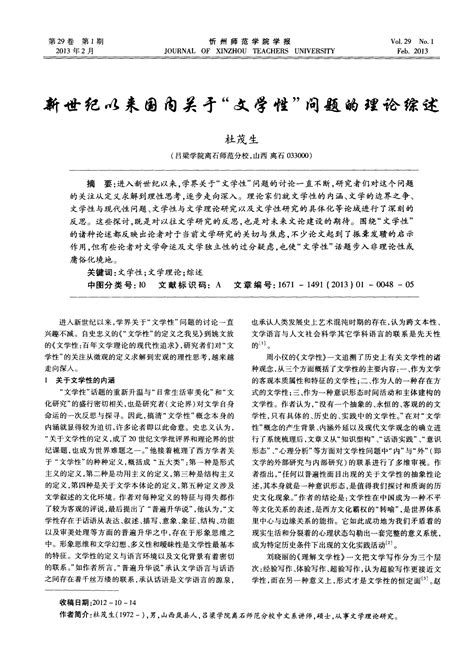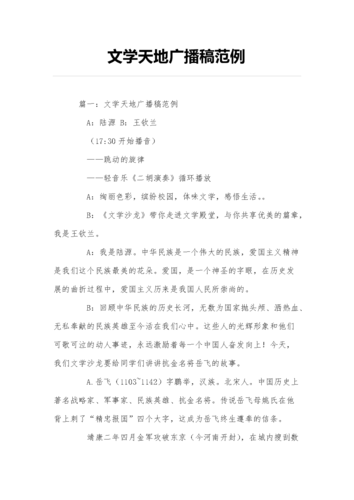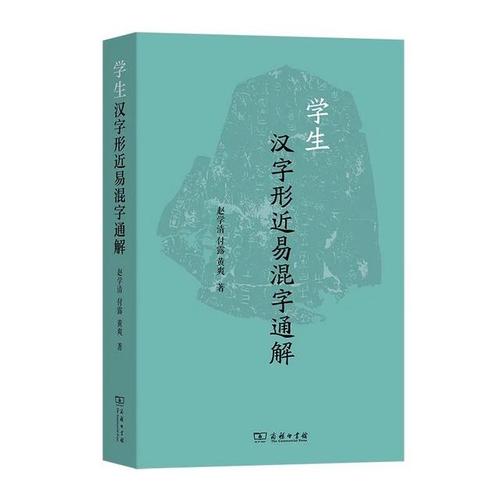文学理论基本问题百度网盘
Title: Basic Questions in Literary Theory

Literary theory involves the study and analysis of literature from a variety of perspectives, including historical, cultural, philosophical, and critical viewpoints. Here are some basic questions in literary theory that provide a foundation for understanding the principles and concepts within this field.
What is Literary Theory?
Literary theory encompasses the various frameworks and methods used to analyze and interpret literature. It seeks to understand the underlying principles that govern the creation, reception, and interpretation of literary texts. Literary theory explores the relationship between the author, the text, and the reader, considering the social, historical, and cultural contexts that shape the meaning of a literary work.
Key Questions in Literary Theory:
1. What is the role of the author in literary interpretation?
Different literary theories offer varied perspectives on the significance of the author's intentions, biographical details, and authority in interpreting a text. For example, while formalist theory prioritizes the text itself over the author's intentions, biographical and historical approaches may consider the author's life and experiences as integral to understanding the work.
2. How do we interpret a literary text?
Literary theory examines the methods of interpreting and analyzing texts, including close reading, structural analysis, deconstruction, and readerresponse criticism. Each approach offers a distinct lens through which to understand the layers of meaning within a work.
3. What is the relationship between literature and culture?
Understanding literature within its cultural context is a key focus of literary theory. The interactions between literature and societal norms, values, and beliefs are explored through cultural, postcolonial, and feminist lenses, among others.
4. How does language shape meaning in literature?
Linguistic and semiotic theories of literature delve into the intricacies of language and symbols, emphasizing how language constructs and conveys meaning within literary works.
5. What is the significance of genre and form in literature?
Literary theory examines the conventions of various literary genres and forms, considering how these structures influence the creation and reception of texts.
6. What are the cultural and historical influences on literary works?
Historical and cultural approaches to literary theory analyze the ways in which societal, political, and historical contexts shape literary production and reception.
7. How do different perspectives influence the interpretation of a literary work?
Literary theory acknowledges the plurality of interpretations and perspectives, recognizing that diverse readers bring their own backgrounds, experiences, and ideologies to their understanding of a text.
Guiding Principles of Literary Theory:
Contextualization: Literary theory emphasizes the importance of understanding a literary work within its specific historical, cultural, and social context.
Multiplicity of Interpretations: Recognizing that there are multiple valid interpretations of a text, literary theory encourages critical engagement with diverse perspectives.
Exploration of Power Dynamics: Many literary theories examine the power structures at play within literature, including issues of gender, race, class, and authority.
In summary, literary theory encompasses a wide range of approaches to understanding and interpreting literature. By grappling with fundamental questions and principles, scholars and students engage in rich, complex dialogues that illuminate the multifaceted nature of literary works and their significance within the broader human experience.









